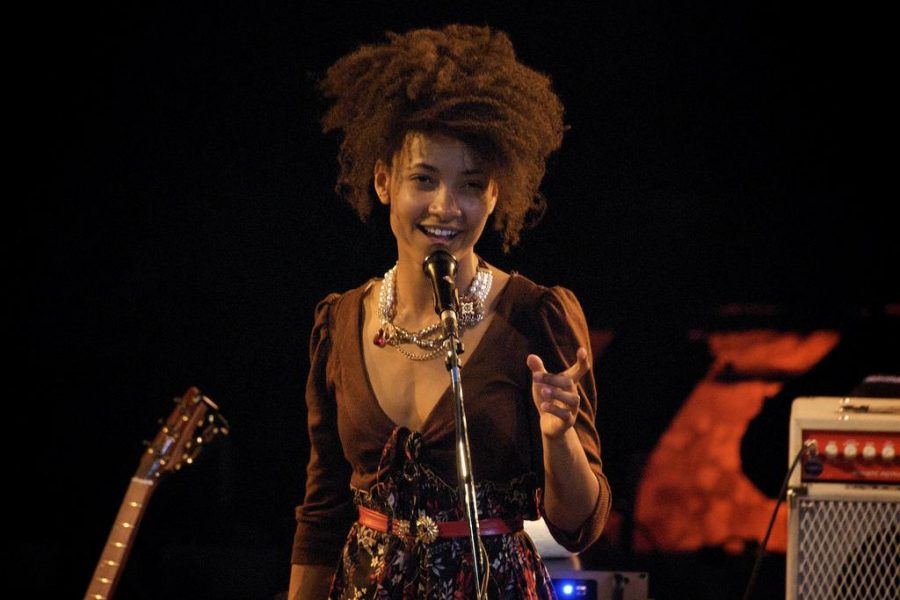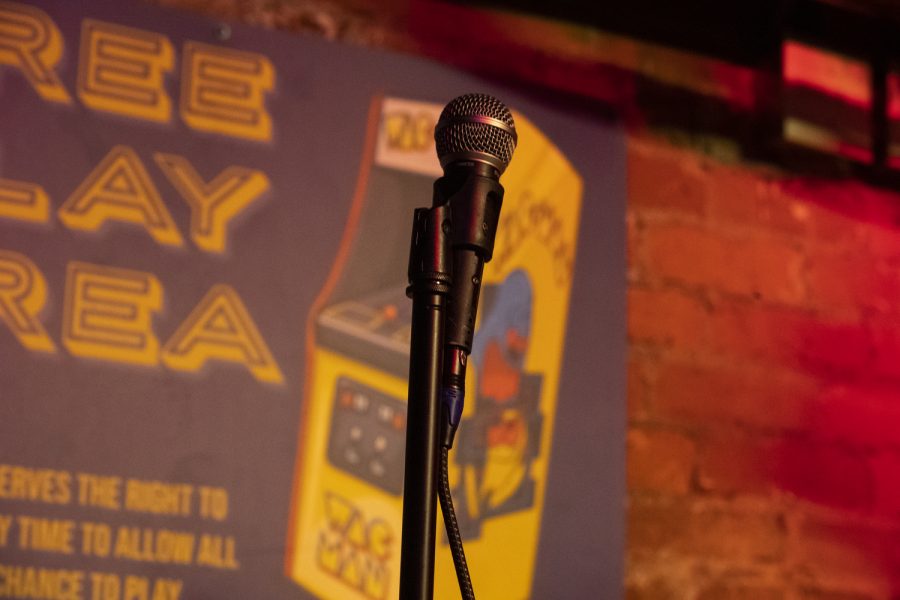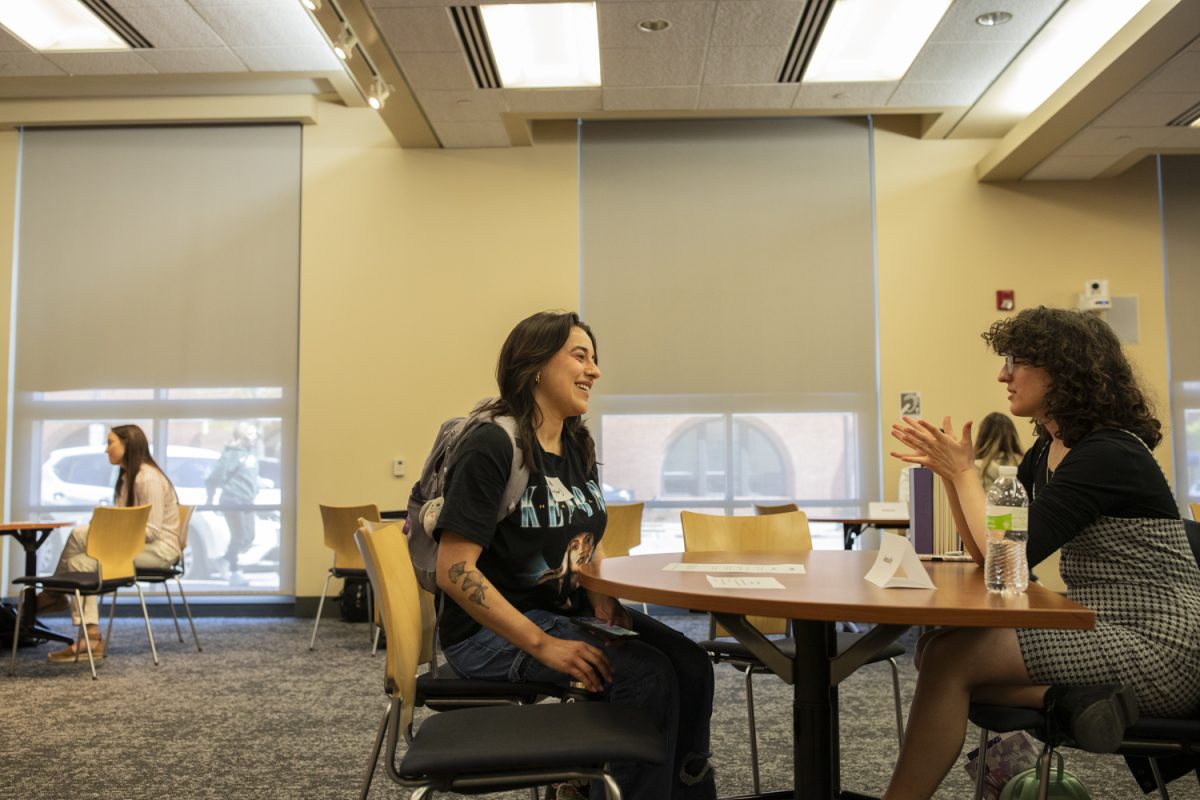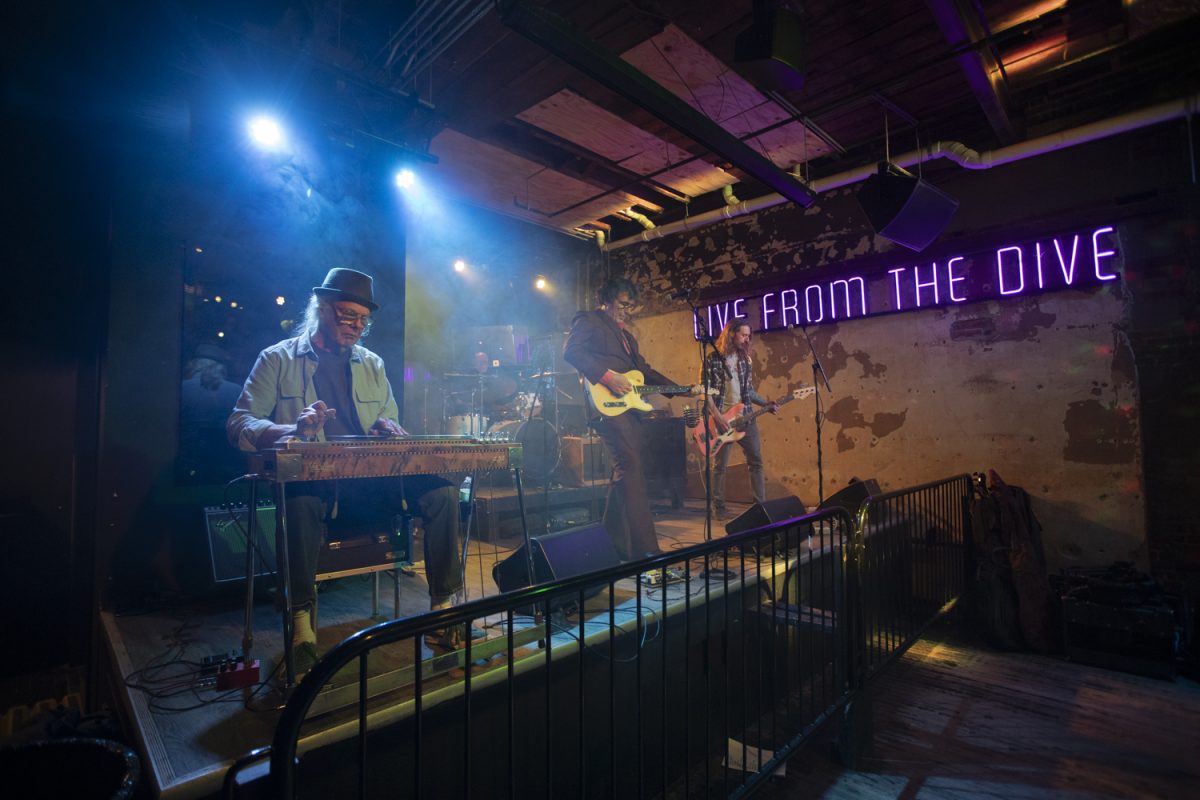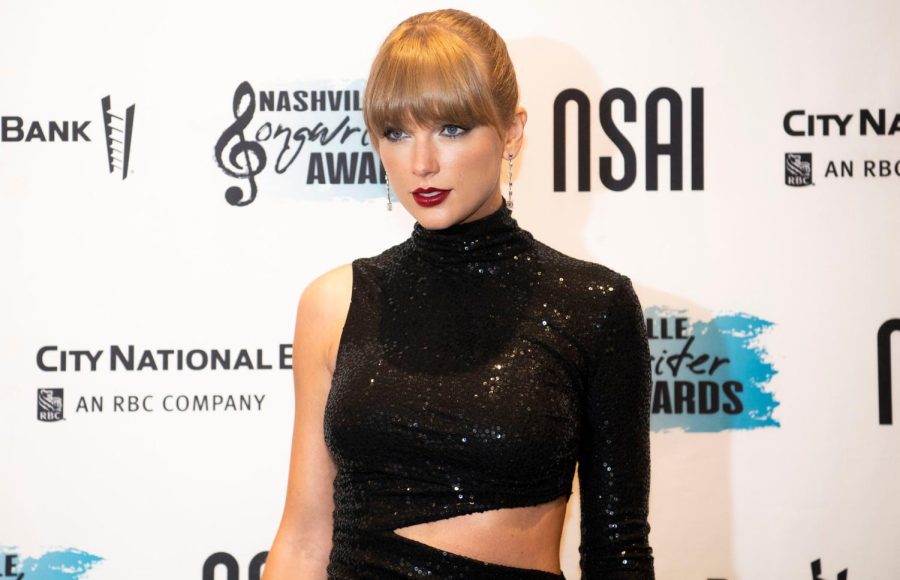By Tessa Solomon
When Esperanza Spalding’s self-titled 2008 debut was released to the public, they embraced it with delight. Her jazz — a dizzying, tri-lingual (Spanish, Portuguese, and English) fusion of Brazilian samba, soul, funk and blues — came as a welcome jolt to the genre. It was a commercial success, and she was soon heralded as the “new hope for jazz,” famously winning the Grammy Award for Best New Artist at the 2011 ceremonies, beating both Justin Bieber and Drake. Ahead of tonight’s 8 p.m. performance at the Englert Theater, 221 E. Washington, the Daily Iowan had a chance to speak with the now four-time Grammy-winning songstress about her genre-defying new album, Emily’s D+Evolution and her unending push against assumptions.
DI: You mentioned in a past interview that being a jazz musician is a ‘big responsibility.’ What did you mean?
Spalding: The bar is set so profoundly high for what was already achieved in music before you came along. If you’re not ready to get yourself up to that basic level and maintain it, expand it, then you’re not really experiencing the craft. There is of course room to express yourself, but there is this heavy prerequisite, this huge minimum. Maybe that’s part of artistic mediums. But I have felt it more specifically as a “jazz musician.”
DI: Why put ‘jazz musician’ in quotes? Do you not consider yourself one?
Spalding: It’s hard to move out of that nomer. I’ll sing something, or play something that doesn’t sound like jazz at all, and people will still say to me, ‘oh I love that new jazzy number.’ I’m thinking, really? Did you actually hear what I just did? It’s like a slogan of what I am as a creator, and amazingly follows me wherever I go, no matter what I’m doing. It’s just that there’s such an aesthetic baggage with the word jazz that I don’t want to be responsible for.
DI: Do you think your jazz contemporaries have expectations for you?
Spalding: I don’t think anyone has expectation for me. Now that I’ve made [Emily’s D+Evolution] they’re saying, ‘oh, she’s not one of us anymore.’ In a weird way, though, no one ever expects anything from me because I’m a pretty girl. I could feel it when I played in clubs when I was a kid, That’s kind of liberating, in a way. People who believed that I had something to say expected a lot from me. And I wanted to meet that, learn from that.
DI: Did you ever resent that lack of expectations?
Spalding: I am who I am. I like who I am, and that is ever-shifting. There is this fundamental of how I look and what I like to do with music. Whether or not that was a big deal to anyone else, I would have kept doing my own vision at whatever scale my life allowed. In a way, any semblance of notoriety is laughable in the context of a corporate artist, but meaningful in the jazz world. Any semblance of notoriety did not come to because I sought it out. Whatever shit happened, happened. But I’m amazed how quickly people who seemed like big supporters turned around and didn’t work together when I’m doing something that doesn’t sound like jazz. It’s humbling to see.
DI: How did the persona of Emily [the character whose voice Spalding’s new album is sung in] emerge? Where do she and Esperanza intersect?
Spalding: When inspiration arrives, you don’t always know what it means. You keep developing it into an idea that is concrete. In the same way, that’s how Emily came. What she was about, how she wanted to move, and how she came here to do something; the pieces started to emerge from the songs that I wrote in her voice. Now I understand this whole D+Evolution thing that she’s all about is about breaking down what you’ve grown accustomed to, to have the courage, the vulnerability to rebuild it in inclusive ways. I need that in my life. Now I understand it was a character that arrived for me so I would have to do those things.




